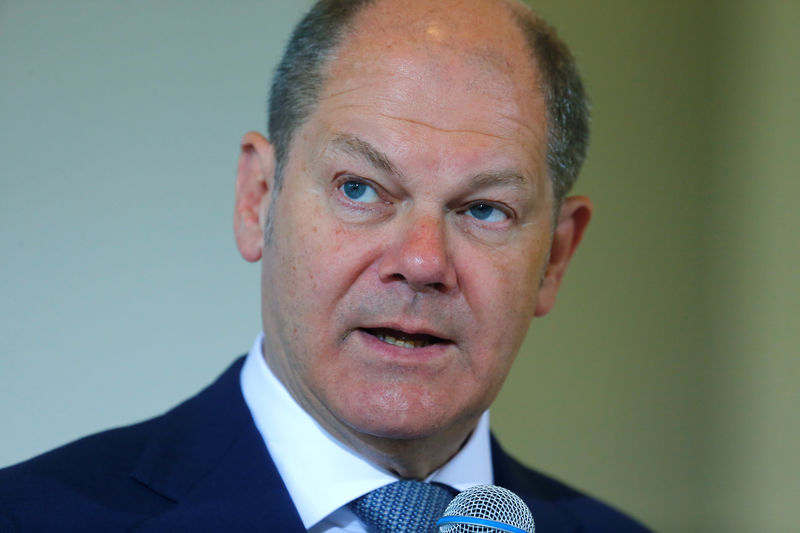(Bloomberg) --
The European Union tried to draw a line under its disorderly response to Russia’s threat to turn off the gas, telling companies they risk breaching sanctions if they open bank accounts in rubles.
European companies from Italy to Hungary have been quietly taking steps to prepare to comply with Vladimir Putin’s decree that gas must be paid for in local currency. While the EU rejected Moscow’s demands, the bloc’s own guidelines last week appeared to suggest some kind of compromise was possible to keep supplies flowing.
Poland, outraged by the potential for other countries to exploit loopholes after its own gas was switched off this week, led a group of countries at a closed door meeting on Wednesday that called for more clarity in the EU’s approach. The Commission responded on Thursday that companies opening accounts in rubles -- a key part of the new Russian rules -- will be in breach of sanctions.
Gas prices fell on Thursday as traders reassessed the risk that cutoffs would extend across Europe. There could still be room for compromise, though it may be harder now for Putin to claim it as a win.
German Chancellor Olaf Scholz indicated Thursday that the ball is now in Putin’s court. Economy Minister Robert Habeck said earlier this week that companies could open accounts in euros to pay for gas and it’s up to Moscow to decide how to convert it into rubles.
“Whatever the Russian government decides on this, we can only speculate, but doing that doesn’t make a lot of sense,” said Scholz.
What’s clear is that Europe’s unity is at stake. Since the invasion, the bloc has been broadly united. But when it comes to Russia’s lucrative energy exports -- which some nations depend on more drastically than others -- the divisions are bitter.
The Russian decree sets out that companies must open two bank accounts -- one in rubles and one in euros. The EU had suggested companies pay in euros and declare to Gazprom (MCX:GAZP) that their obligations are satisfied once the euros have cleared. But the Russian side calls for the payment to clear in rubles before the debt is settled. For the EU, that hands too much power to Moscow, and to its sanctioned central bank.
Hungary’s government confirmed on Thursday that it is paying euros to Russia’s Gazprombank, which it is then allowing to be converted into rubles. It’s not clear whether they have opened a ruble account or not, or indeed whether they will have to revise their stance after the latest clarification.
German utility Uniper SE (OTC:UNPRF), a massive client of Russian gas, has said publicly that it believes it can keep up purchases without breaching sanctions. And In Italy -- another major buyer -- Eni SpA (BIT:ENI) is preparing steps that would allow it comply with the new demands, according to people familiar with the situation.
Bloomberg reported on Wednesday that four European buyers have already paid in rubles and 10 have opened the accounts at Gazprombank needed to meet the new rules. Hungary’s Cabinet Minister Gergely Gulyas confirmed they were one of the 10.
Payment deadlines are staggered, with many falling due in the second half of May. As they approach, companies and governments need to decide whether to accept Russian demands -- strengthening Moscow in its war in Ukraine -- or risk the prospect of rationing gas at home.
Scholz said Germany was ready for a halt supplies.
“You have to prepare for it, and we already started this before the war broke out. We know what we have to do.”
(Updates with details throughout)
©2022 Bloomberg L.P.
